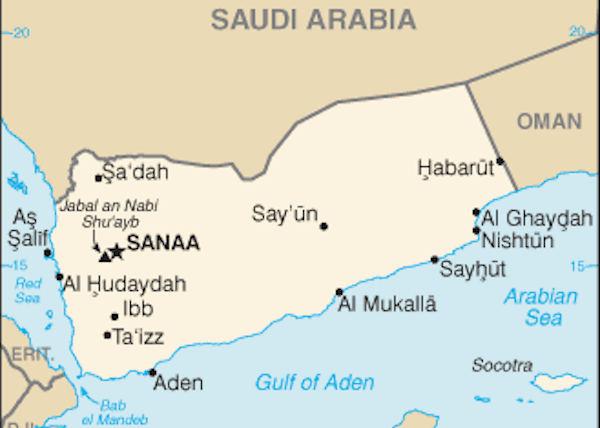
Lebanon is a country close to my heart, but (probably for the better) it hasn’t been dominating global news for a few years. Headlines began popping up this weekend, however, along the lines of
– “Many injured in Beirut ‘you stink’ protest over rubbish” or
– “Thousands protest against Lebanese govt over uncollected rubbish” and simply
– “Thousands protest against government in Beirut” — that one from the local paper for their photo gallery.
For comparison, Beirut, Lebanon is about half as populous as Boston, Massachusetts in the United States. This story for those not following it, much like the heaps of garbage in Beirut, has been building up for some time now in the capital city.
Basically, what happened is that the not-very-elected national “unity” government of Lebanon is so dysfunctional at anything other than literally not re-entering a civil war that they failed to act in time to secure a location for a major new landfill capable of taking the capital’s trash, even though they had plenty of advanced warning that the existing site was past capacity and was going to have to close.
So, the trash has just been piling up in the streets, valleys, rivers, and the ocean for the past month, even during the huge heat wave that affected much of the Middle East (and has sparked similar reform protests in Iraq). Some Beirut residents have just burned their trash in the street, but that creates toxic air pollution that lingers in the city. In a small and delicately balanced country like Lebanon, finding a place to put all this trash really is a national-level issue requiring dedicated internal negotiations. Very little of which has happened.
Demonstrations have been escalating. The latest protest — documented at the headlines above — reached at least 4,000 participants, who clashed with riot police outside government buildings. The slogan in Beirut, as in the Arab Spring Revolutions of late 2010 and early 2011, is simply “The people want to topple the regime!” — even for a garbage crisis.
There’s something to be said for the human spirit and temperament that even with everything else falling apart and the security situation in chaos, as is the case in Baghdad and Beirut, the daily dysfunctions and quotidian aggravations still motivate people to mobilize and demand better of their governments instead of just putting up with it. Even in the United States, during the American Civil War, you can read examples of people in both the North and South rioting against their governments and their own forces over unfair policies, food shortages, and so on.
We’ve also, in recent weeks, begun seeing protests in government-held areas of Syria by loyalists demanding better treatment and services from the government they’ve poured their blood, sweat, and tears into propping up since 2011.
All politics — and war — is ultimately local. We often think of the purpose of government in big-picture terms like “national defense” and “providing security” but people still have expectations of their governments even when those points have gone out the window. The longer the big disorder drags on without resolution, the more irritating the little disorders become.
At the end of the day, when the trash stinks, somebody’s got to take it out. The crisis in Beirut might just be the most potent metaphor ever for bad governance and corrupt state failure the world over.







